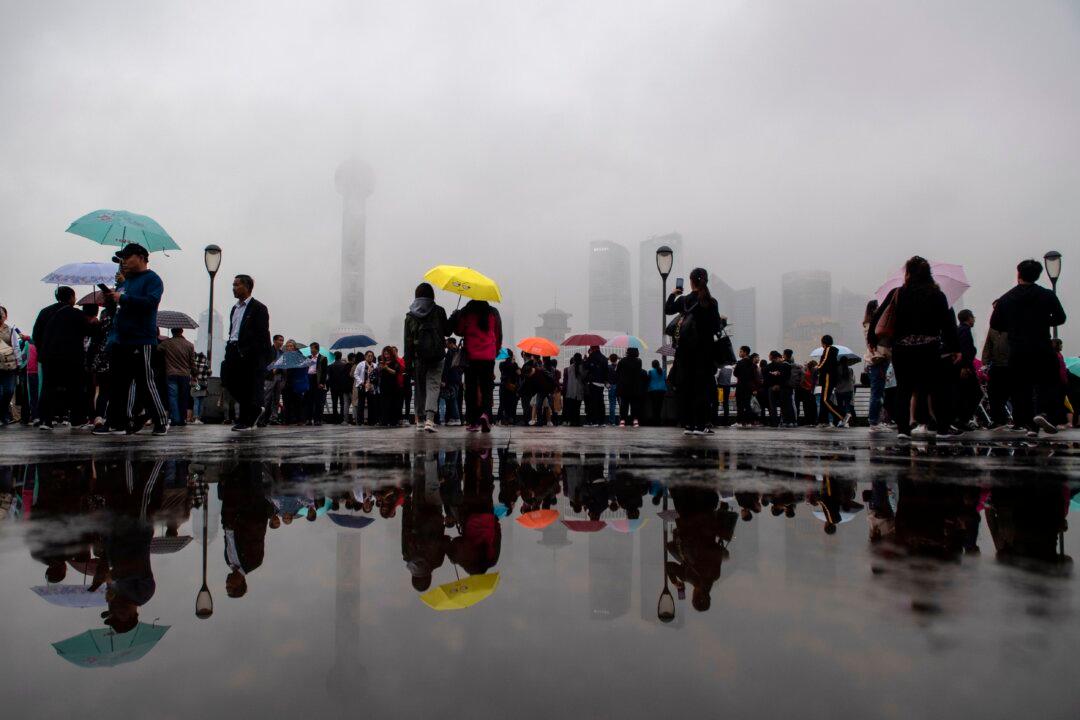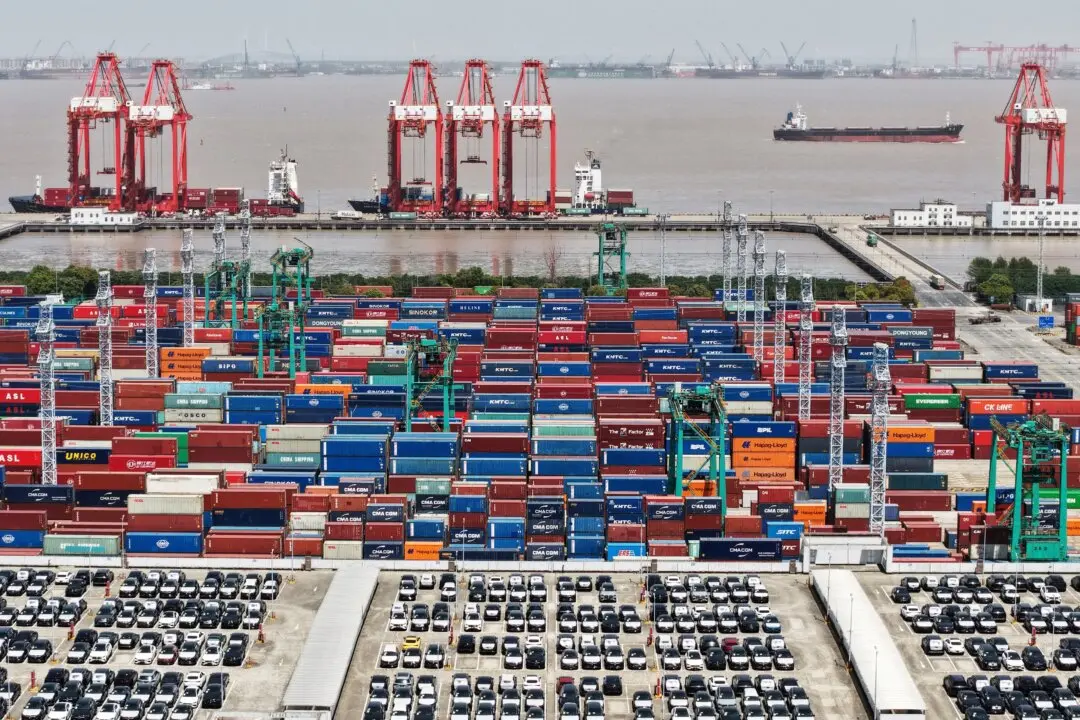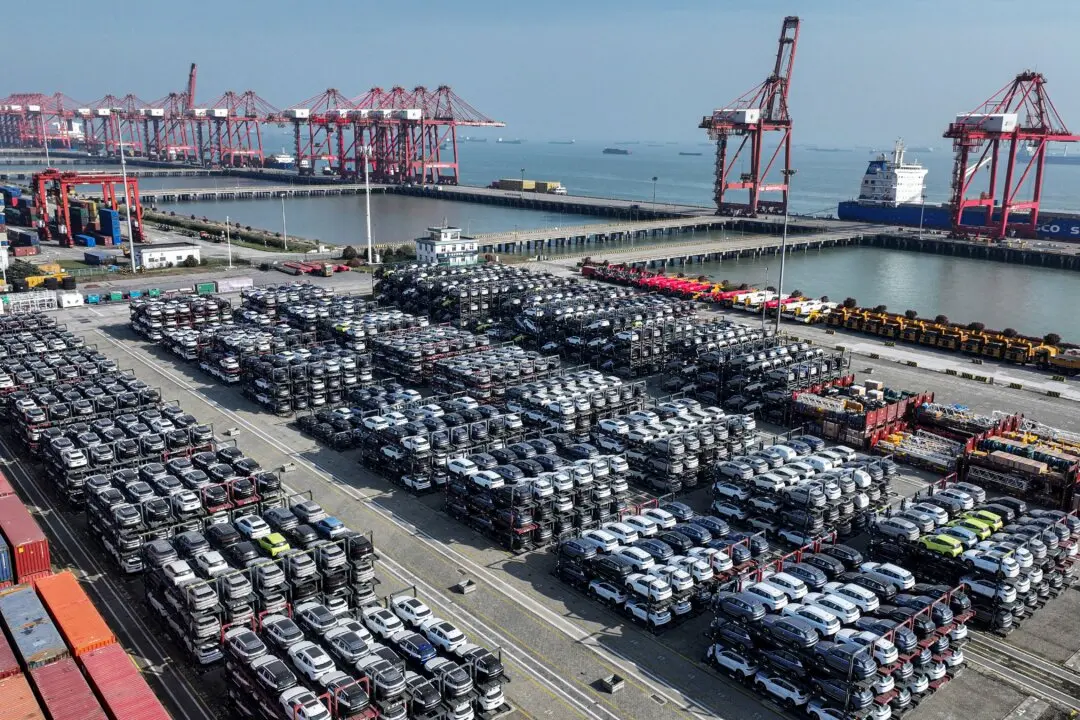Commentary
Debt weighs heavily today in China. Past articles in this space have described the origins of some of this debt, and the ill effects it has had—and will have—on China’s economy. A look at what is happening in many Chinese cities makes that burden clearer still: In some places, the weight of servicing these debts has even forced the cancellation of basic public services. As was the case when the failures of property developers first became evident, Beijing has, foolishly, made no plans to help.





